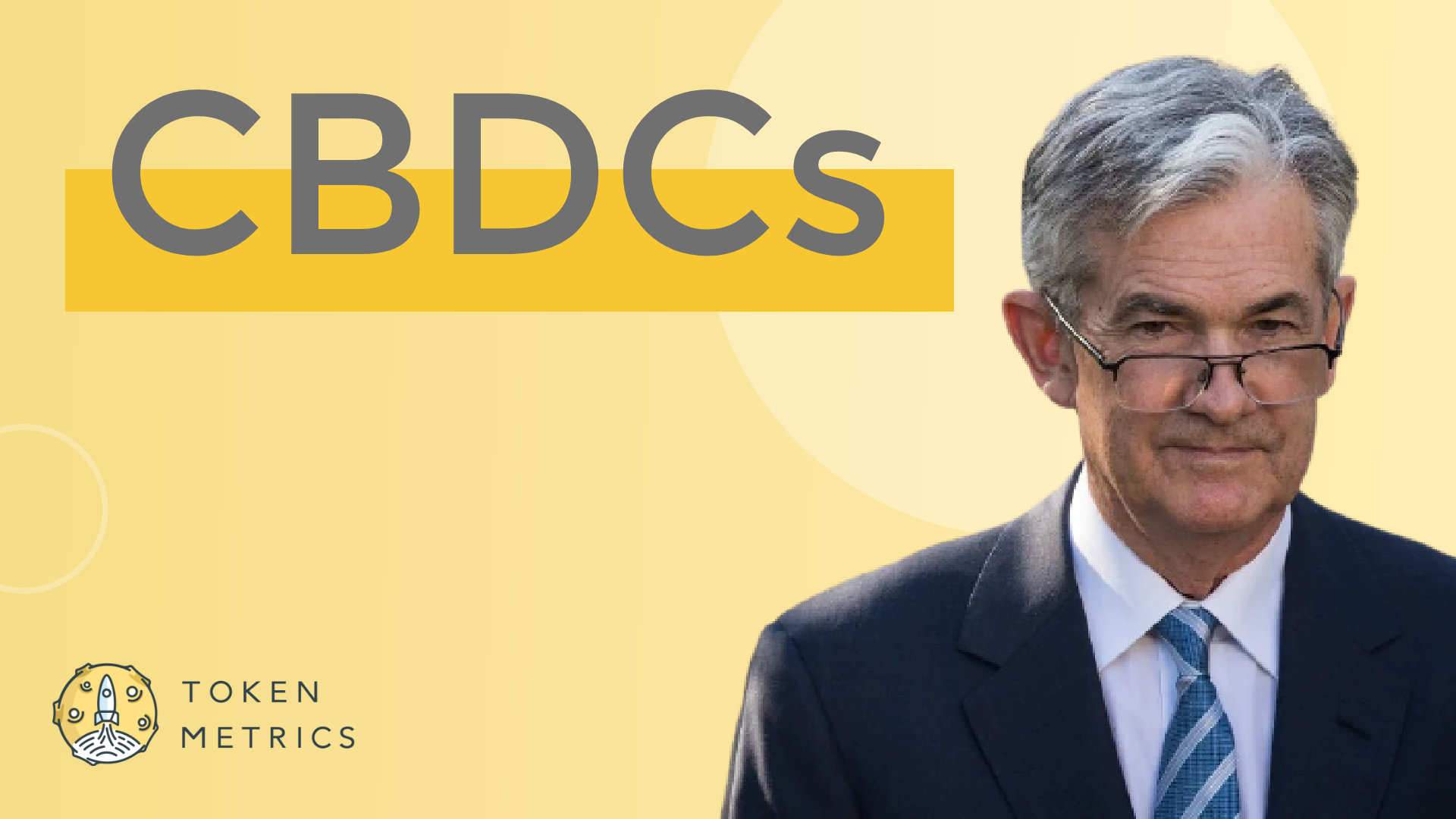The U.S. Federal Reserve’s Board of Governors has multiple vacancies looming prior to the end of President Joe Biden’s first term. And perhaps more importantly, Biden will have to make a decision on whether or not to reappoint the current Federal Reserve Board’s chairman Jerome Powell. Powell has been applauded by politicians on both sides of the aisle for his handling of the pandemic, but many insiders in Washington don’t expect him to be reappointed when his term ends in February 2022. The Fed chair, appointed by Trump, has been accused by Democratic Senator Elizabeth Warren of catering to Wall Street and weakening regulations on big banks. Also up for reappointment are the two vice chairs of the Board of Governors, Richard Clarida and Randal Quarles, whose terms expire January 2022 and October 2021, respectively. The Fed chair and the two vice chairs serve four-year terms while the remaining members of the board serve 14-year terms, though board members rarely serve a full term.
These positions will continue to be important to crypto as inflation rises and money moves to popular hedges like bitcoin. With talks of the issuance of an American central bank digital currency or CBDC on the rise, it’s possible that the people who fill the seats that may soon be vacated by Powell, Clarida, and Quarles are the same chairs and vice chairs that oversee the rollout of the digital dollar. In October of 2020, the Federal Reserve and six other central banks including the Bank of Japan, Bank of England, and the European Central Bank published a report on the necessary characteristics a CBDC would require for central banks to meet their policy goals. Experts claim that the most likely replacement for Powell is Lael Brainard, who has been serving on the Fed’s Board of Governors since 2014. Brainard has been outspoken about the benefits that a CBDC could provide to the US economy. In a talk given this May, she lists improved efficiency, reduction of cross-border frictions, and protection of privacy as just a few of the advantages of a CBDC. In August of 2020 at the Federal Reserve Bank of San Francisco, she announced a multi-year collaboration with researchers at MIT to test and build a hypothetical digital currency suited for central bank uses. The codebase developed through this partnership will be offered as open-source software for anyone to use for further experimentation and improvement. Aside from her comments on CBDCs and her preference for a digital dollar over traditional stablecoins, Brainard’s opinions on the greater crypto industry are relatively unknown.
One thing we do know is that markets tend to dislike uncertainty and change in major policy positions. Should it be announced that Brainard – who has been applauded by Democrats for her views on stricter regulation of Wall Street – will replace Powell as Chairman of the Fed, the equities market may not react positively and crypto could get hurt in the sell-off. Though it could be many years down the road if Brainard were to officially announce a CBDC issued by The Federal Reserve the impact could again be negative for legacy markets. But because this announcement is like an endorsement for crypto by the US government, we think it could cause the great decoupling of equities and crypto we’ve all been waiting for. A U.S.-issued CBDC could be the pivotal moment that separates crypto from legacy markets and never looks back. For now, we don’t think there’s any reason to believe that these corrections would lead to anything more serious for crypto, but a lot still remains in question until we learn more of Brainard’s views on the space. Brainard’s belief in a CBDC is a great sign that she’s a believer in the applications of blockchain as a technology, but what remains to be seen are her beliefs on where decentralized solutions lie within the economy. Nonetheless, at 59 she’s the youngest member of the Fed board and her understanding of the importance of blockchain is a positive sign that she may try to understand cryptocurrencies before writing them off like so many others in Washington have. Should she be the one Biden selects, we should all hope she puts as much care into studying the importance of the cryptocurrency space as she has the importance of CBDC issued by the Federal Reserve.




